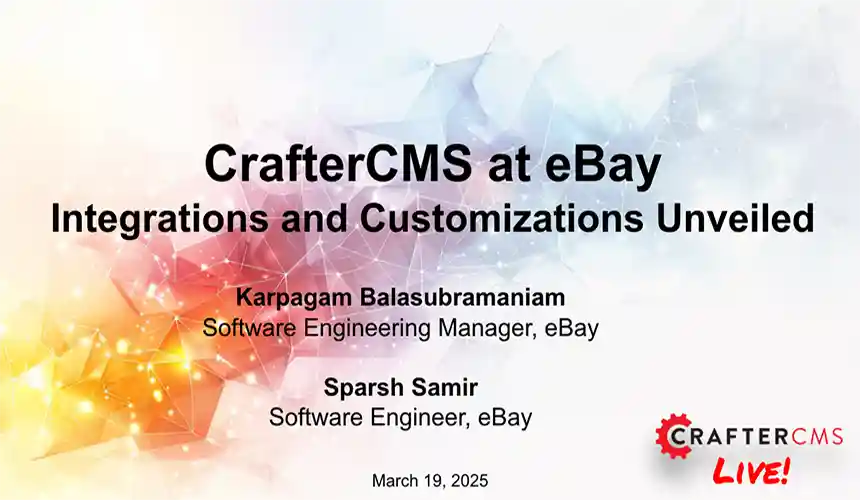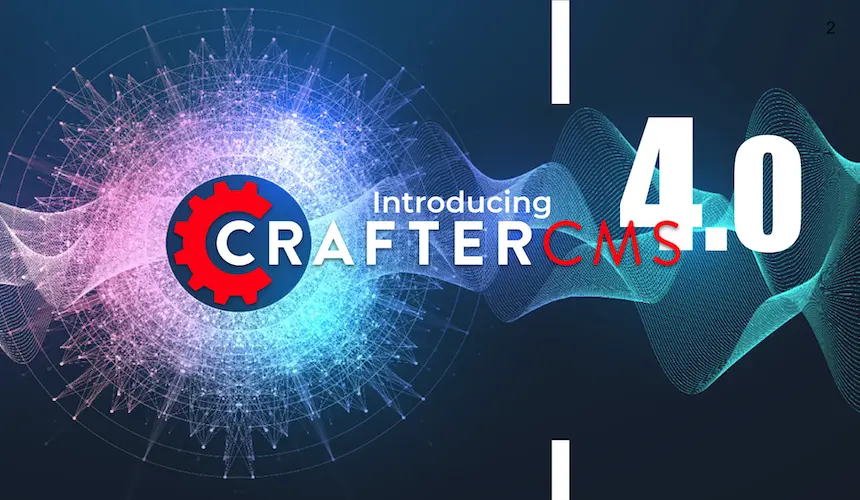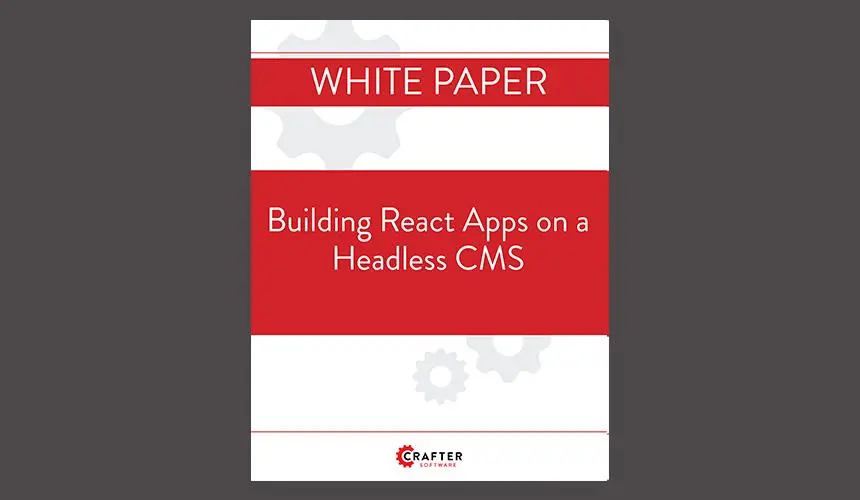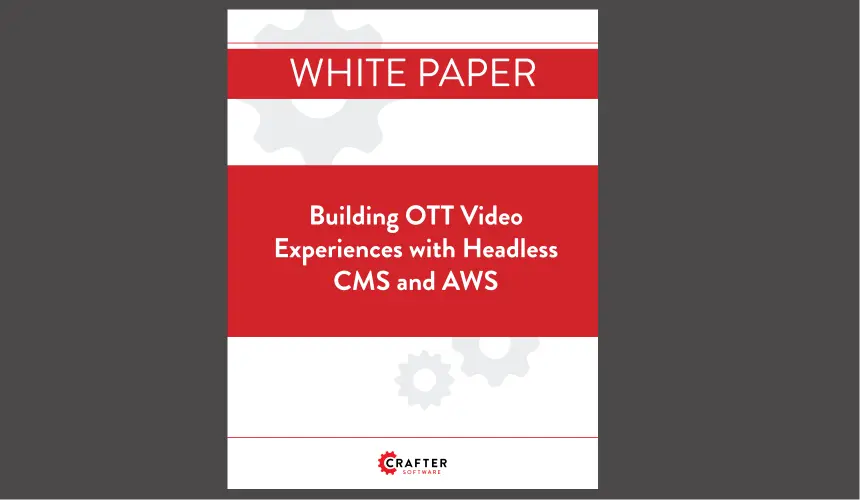What is Modular Content?

Amanda Lee

Delivering personalized content experiences across multiple digital channels -- at scale -- is essential for effective marketing. Modular content offers a strategic approach to achieve this by breaking down comprehensive content into smaller, reusable components. Let's dive into what modular content is and how it can transform your content strategy.
Defining Modular Content
Modular content refers to the practice of dividing full-form content into smaller, independent pieces that can be reused and reassembled in various ways to create personalized content experiences. Each module serves a specific purpose, such as an image, a video snippet, a quote, or a call-to-action. This modular approach enables marketers to mix and match these components to produce tailored content for different channels and audience segments without starting from scratch each time.
Benefits of Modular Content
-
Scalability: Modular content allows for the efficient scaling of content production. By reusing components, marketers can quickly create diverse content variations tailored to different audience needs, platforms, and contexts.
-
Efficiency: Reusing content modules reduces the time and resources required for content creation. This efficiency is crucial for keeping up with the rapid pace of content demands in modern marketing.
-
Personalization: By leveraging modular content, marketers can deliver highly personalized content experiences. Different combinations of content modules can be used to address the unique preferences and behaviors of various audience segments.
Implementation Strategies for Modular Content
Successfully implementing a modular content strategy involves several key steps:
-
Content Audit and Tagging: Conduct a comprehensive audit of existing content and break it down into reusable modules. Implement a robust tagging system to categorize and manage these modules effectively.
-
Content Management System (CMS): Use a CMS that supports modular content. Platforms like CrafterCMS are designed to handle dynamic content modeling, component-based content management, content reuse, multichannel publishing and more -- enabling the efficient creation, management, and distribution of modular content.
-
Collaboration and Workflow: Establish clear processes for collaboration and workflow management. Ensure that all team members are aligned on the modular content strategy and equipped with the necessary skills and tools.
-
Generative AI: Leverage emerging technologies like generative AI for automated content tagging and personalized content recommendations. Integrating AI can enhance the efficiency and effectiveness of your modular content strategy.
Modular Content Strategy with CrafterCMS
CrafterCMS is designed to support the creation, management, and delivery of modular content, aligning very well with the strategies needed to implement this content strategy. Key features of CrafterCMS that align with modular content include:
- Headless Architecture: Allows for the decoupling of content creation and delivery, supporting the creation of channel-agnostic content components that can be reused across various platforms.
- Flexible Content Modeling: Provides flexibility in defining content types and structures, making it easy to create and manage modular content components.
- Personalization Engine: Enables the delivery of personalized content experiences based on user data and behavior, supporting the scaling of personalized content efforts.
- Workflow Support: Facilitates content team collaboration and ensures compliance with regulatory standards through configurable workflows, approval and multi-channel publishing processes.
- Integration Capabilities: Supports integration with AI and other advanced technologies, enhancing content creation, management, and personalization processes.
- DevContentOps: CrafterCMS's Git-based content repository enables seamless collaboration between content teams, software developers, and DevOps to achieve new levels of productivity and content operations efficiencies.
Conclusion
Modular content is a powerful approach to scaling personalized marketing efforts. By breaking down content into smaller, reusable components, marketers can efficiently produce tailored content for various channels and audience segments. Implementing a modular content strategy requires careful planning, the right tools, and a collaborative approach, but the benefits in terms of scalability, efficiency, and personalization are well worth the effort. Platforms like CrafterCMS offer the features and capabilities needed to successfully adopt modular content and drive marketing success at scale.
To learn more how CrafterCMS supports modular content strategies and multiwhat-channel publishing, read our White Paper: Building and Optimizing Multi-Channel Digital Experiences.
Related Tags
Related Posts

Headless CMS for QSR: Powering Digital-First Quick Service Restaurants

Amanda Jones

AI Skills for CMS-Based Web Development

Sara Williams

What Are AI Skills? From Intelligent Assistance to Executable Capabilities

Amanda Lee

From HTML Template to Fully Managed Experience in Minutes: CrafterCMS + AI-Powered Workflows

Sara Williams










